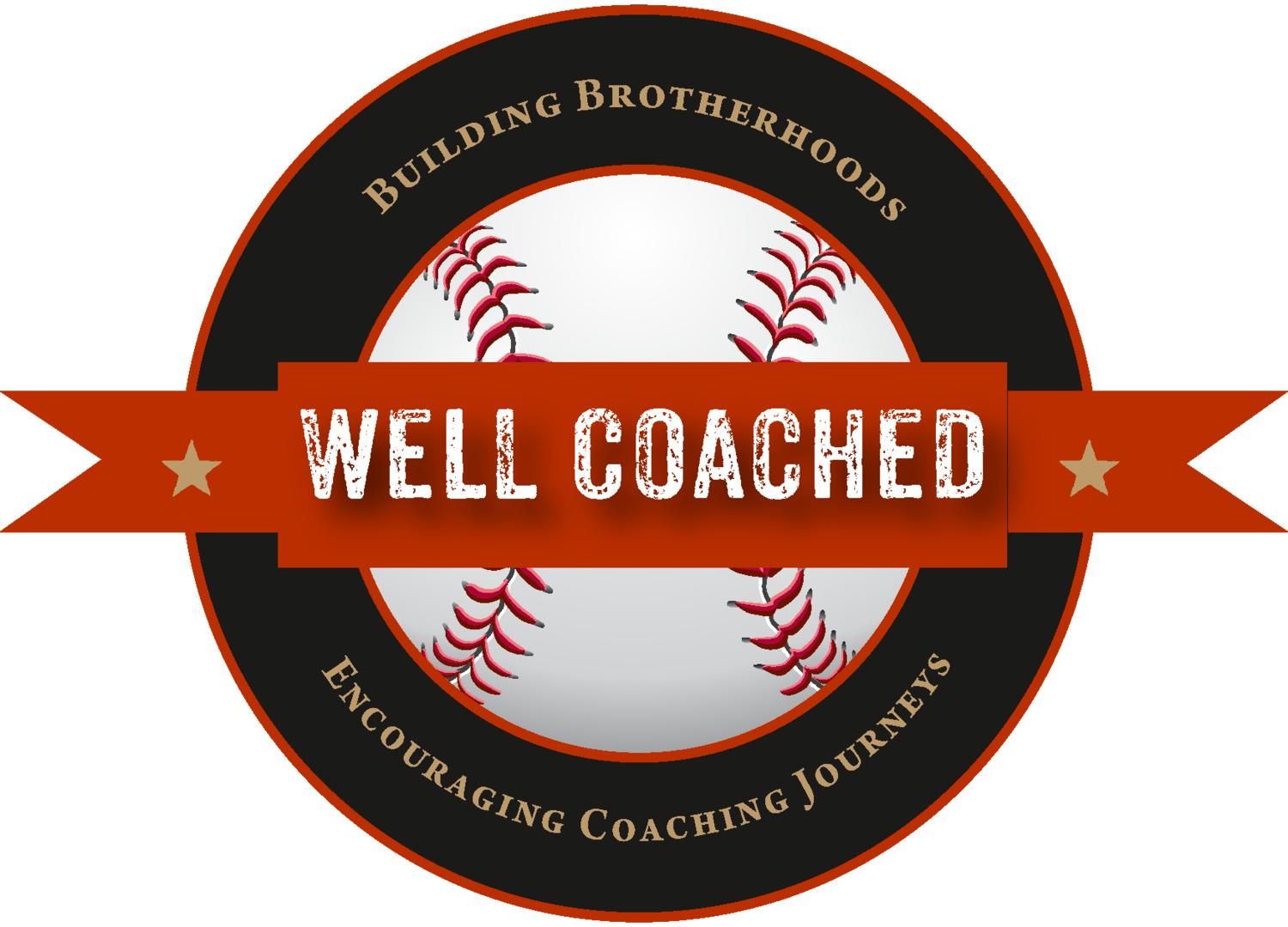Creating a Better Fishbowl (Bot9 #279)
(The following framework came from Pastor John Leach of Jubilee Fellowship Church during a pastoral development session this past fall. His thoughts and teaching on the subject have the potential for great impact for us as coaches!)
True or False - Fish grow to the size of their tank.
Many of us would immediately answer ‘yes,’ but this commonly-held belief has at least two important variables. First, it depends on the fish. Second, it depends on the elements of the tank. That means there are a number of influences that affect the size of a fish. Those influences are:
1. Genetics
2. Diet
3. Water Quality
4. Tank Size
Unless you majored in marine biology, you’re probably far more interested in how this applies to you than a fish. Ask yourself this question - what’s the nature of the fishbowl in your baseball program or area of leadership? Does it allow for the maximum amount of growth for the people under your care?
One of the things that I’ve tried to be more and more conscious of is the atmosphere that is being created around me and in the programs I lead. That requires me to pay attention to all four of these areas that affect others. Using the outline above, we can help others grow by creating programs that allow them to thrive in these areas.
First, everyone has a certain genetic material, innate talent, and spiritual gifts. Whether you lean more towards nature or nurture in this area matters less than just recognizing that everyone brings something to the table. Tapping into and developing those things for everyone in your program or organization helps us achieve what Paul talks about as “the Body of Christ” (1 Corinthians 12:12–27).
Second, what I consume and what the athletes consume while in my care becomes very important. While their diet is very important to their health and development, one’s diet of ideas might be even more important. As I coach young people, I’m continually struck by the importance of helping them consume goodness in their minds. Because of the amount of good and bad information at their fingertips, it is challenging to help young people realize how important Romans 12:2 (“Do not conform to the pattern of this world, but be transformed by the renewing of your mind”) and Philippians 4:8 (“Finally, brothers and sisters, whatever is true, whatever is noble, whatever is right, whatever is pure, whatever is lovely, whatever is admirable--if anything is excellent or praiseworthy--think about such things”) are today. We have to connect people in our fishbowl to the life-giving teachings of Jesus to help them grow. There’s no better diet of ideas.
Next, the quality of the water is the quality of the community around you. These people can create a clear environment where everyone swims freely in unity with one another, or they can create a polluted environment that resembles unfiltered, disgusting water where algae and bacteria overrun the tank. The better the diet of ideas your people consume, the cleaner the water quality of your tank. I think we all understand how the digestive system works so there’s no need to go too deep into the idea of “take good things in and good things will come out.”
Lastly, the size of the tank affects those within the tank as they will be limited by the vision of the leader. This idea is very similar to John Maxwell’s "Law of the Lid." Maxwell says that, “leadership ability is the lid that determines a person's level of effectiveness. The lower an individual's ability to lead, the lower the lid on his potential.” As the leader of the environment, we have to constantly stretch our abilities so those we lead can experience the joy of a large, clean body of water in which to swim.
Luke 6:40 says, “Students are not greater than their teacher, but the student who is fully trained will become like the teacher.” We have to follow Christ and then invite people to follow us as we live in alignment with the giver of life. Then we’ll be worthy to be followed by others and can invite people into our tank. As we create a better fishbowl for those around us, we can encourage those we lead to create fishbowls of life around them as well.
Questions:
In the Batter’s Box (Personal) - In which area of the fishbowl framework do you need to grow the most? How will you pursue that growth?
In the Bullpen (Small group, Relationships) - How can you help your coaching staff improve their fish tank? What will you do to intentionally grow together and help the conditions of your tank?
In the Postgame Circle (Large groups) - Ask those you lead about the condition of your fish tank. What ideas are they consuming, what's the quality of your water, and how big is your tank?

